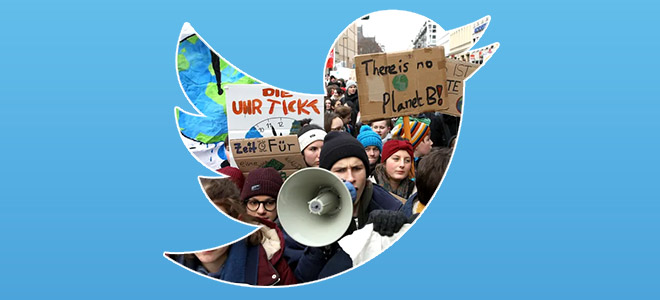
CSTPR Director, Max Boykoff, is collaborating on a new project funded from the Spanish Ministry of Science.
The project “Communicating climate change through social media: Strategies, emotions and images” (CLIMAenREDES) will be conducted, from June 2019 to December 2021, by a group of 16 researchers from 10 universities in 7 countries. It will be coordinated by the Research Group on Science Communication of the University of Navarra (Spain), with Dr. Bienvenido León as principal investigator (PI) and Dr. María Carmen Erviti as associate PI. This project is sponsored by the Spanish Ministry of Science.
The other participating universities are: University of Colorado Boulder (US), University of Florida (US), University of Oxford (UK), University of Otago (N. Zealand), University of Porto (Portugal), University Miguel Hernández (Spain), University of Murcia (Spain), Gulf University for Science and Technology (Kuwait) and National Autonomous University of Mexico (Mexico).
Social media play an increasingly relevant role as a source of information and as a means of shaping the social discourse about climate change. Academic research has shown that the messages that are received through social media have a similar persuasive efficacy to those of inter-personal communication.
In the digital environment, several persuasive narrative and storytelling techniques can be used together with communication strategies, in order to reinforce action to address climate change. Previous research has demonstrated that the agenda of the social media does not match that of traditional media. Social media manage their own topics, formats, narratives and focuses.
In the last few years, the role of emotions in the digital environment has gained interest, particularly some of the characteristics related to popularization of topics through social media. In the area of climate change communication, emotions are regarded as the missing link in research about this topic.
Within online communication of climate change, particularly through social media, images –photographs, graphics and video-, are especially important. Research indicates that images are of great importance to communicate climate change, in a way that promotes citizen engagement in mitigation and adaptation actions.
This research project will analyze some trends of increasing importance to efficiently communicate climate change through social media, with a particular focus on the role of images and users’ emotions. We start from the hypothesis that social media can play a very relevant role to communicate climate change, in a way that overcomes some of the traditional limitations of traditional media, thus facilitating citizen engagement and action to address climate change.

